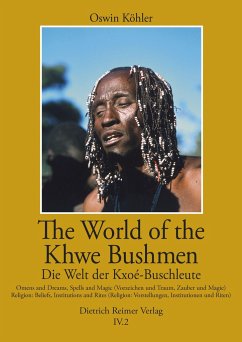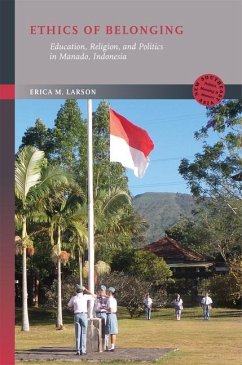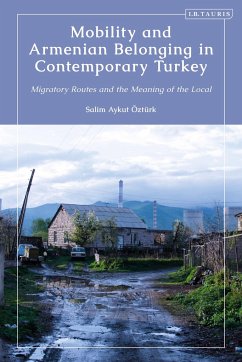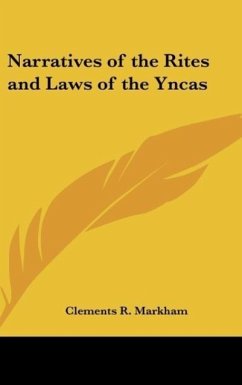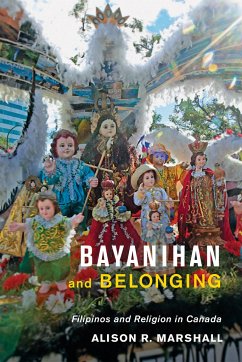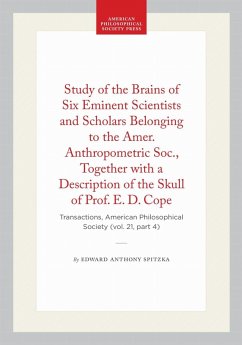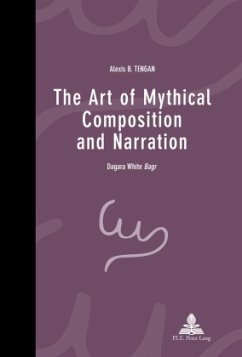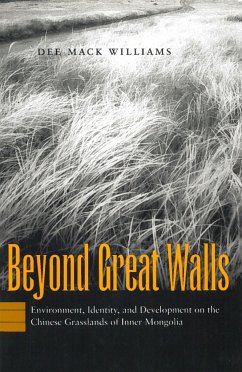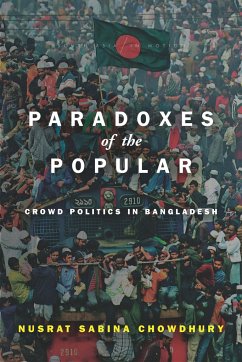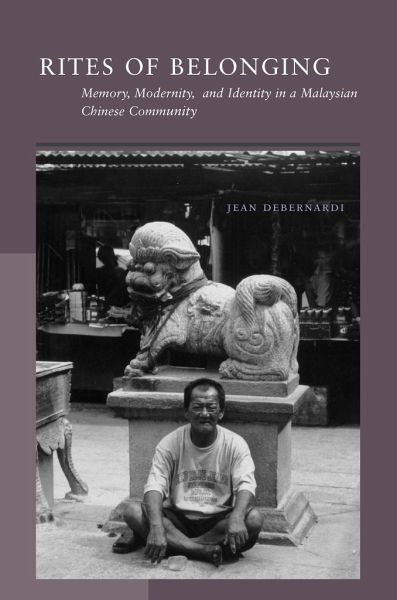
Rites of Belonging
Memory, Modernity, and Identity in a Malaysian Chinese Community
Versandkostenfrei!
Versandfertig in über 4 Wochen
79,99 €
inkl. MwSt.

PAYBACK Punkte
40 °P sammeln!
In what is today Malaysia, the British established George Town on Penang Island in 1786, and encouraged Chinese merchants and laborers to migrate to this vibrant trading port. In the multicultural urban settlement that developed, the Chinese immigrants organized their social life through community temples like the Guanyin Temple (Kong Hok Palace) and their secret sworn brotherhoods. These community associations assumed exceptional importance precisely because they were a means to establish a social presence for the Chinese immigrants, to organize their social life, and to display their economi...
In what is today Malaysia, the British established George Town on Penang Island in 1786, and encouraged Chinese merchants and laborers to migrate to this vibrant trading port. In the multicultural urban settlement that developed, the Chinese immigrants organized their social life through community temples like the Guanyin Temple (Kong Hok Palace) and their secret sworn brotherhoods. These community associations assumed exceptional importance precisely because they were a means to establish a social presence for the Chinese immigrants, to organize their social life, and to display their economic prowess. The Confucian "cult of memory" also took on new meanings in the early twentieth century as a form of racial pride. In twentieth-century Penang, religious practices and events continued to draw the boundaries of belonging in the idiom of the sacred. >



